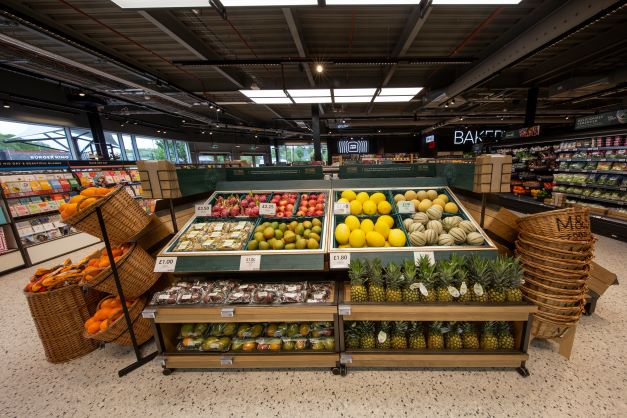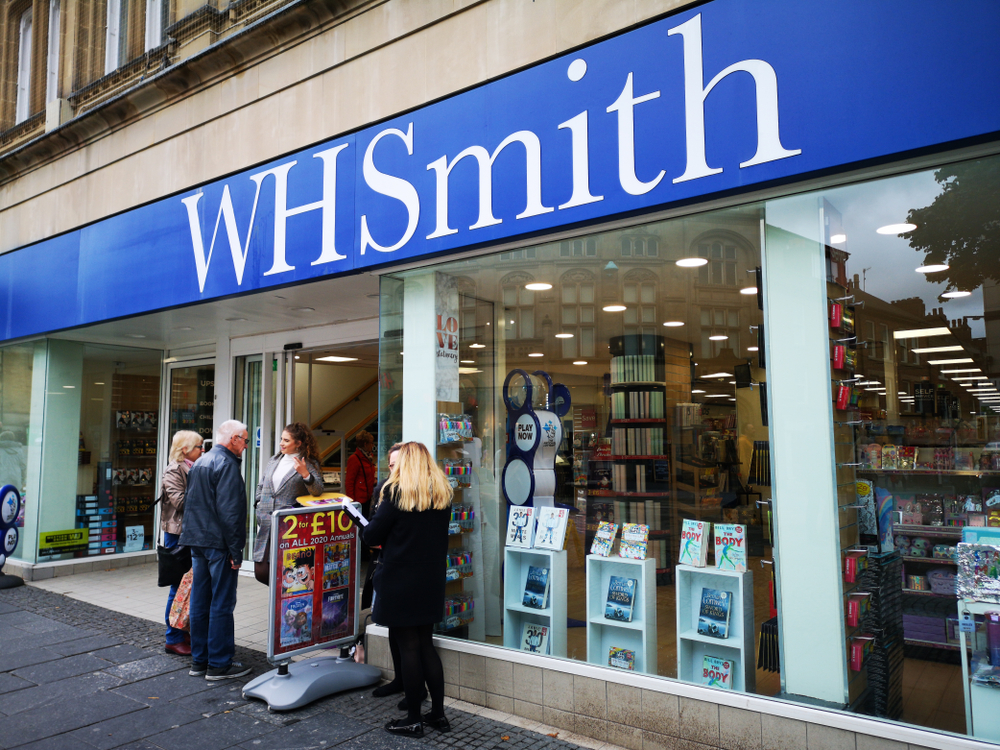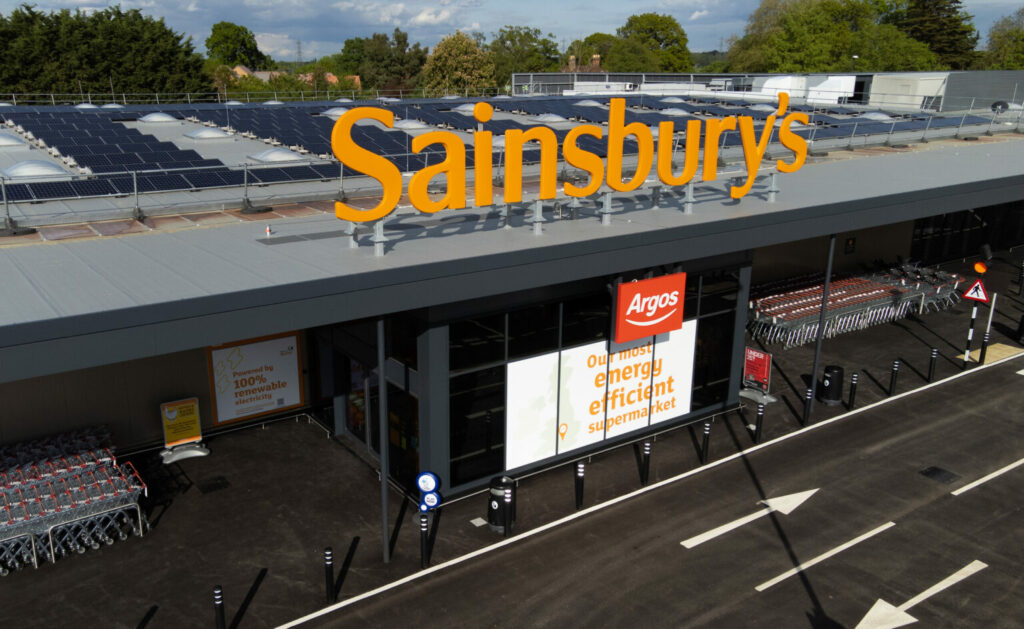// Food price rise of 9.3% in August follows on from 7% increase in July says BRC
// BRC chief executive warns of “bleak outlook” for both consumers and retailers
Food prices rose at their fastest rate since 2008 in August, soaring by 9.3% after a 7% increase last month.
Piling more misery on consumers and retailers, the figures from the British Retail Consortium (BRC) and NielsenIQ index showed that fresh food prices were 10.5% higher than last August, up from the 8% annual increase recorded in July.
Dairy products such as milk and margarine saw the biggest rises.
Shop price annual inflation also increased to 5.1% in August, up from 4.4% in July, and is now the highest since 2005 when the BRC index started.
The BRC and NielsenIQ blamed the impact of the Russian invasion of Ukraine and the consequent effect on the price of animal feed, fertiliser, wheat, and vegetable oils for the sharp increases.
The rise in food prices is one of the key drivers of inflation, which rose 10.1% in the 12 weeks to July, up from 9.4% in June, according to the Office for National Statistics (ONS).
READ MORE: M&S chairman warns food prices will rise 10% this year
BRC chief executive Helen Dickinson said the outlook was “bleak for both consumers and retailers”, but that businesses would support people through “discounts to vulnerable groups, expanding value ranges, fixing prices of essentials, and raising staff pay”.
Dickinson added: “The new prime minister will have an opportunity to relieve some of the cost burden bearing down on retailers, like the upcoming increase in business rates, in order to help retailers do more to help their customers.”
Mike Watkins, head of retailer and business insight at NielsenIQ, said: “Inflation continues to accelerate and shoppers are already cautious about how much they spend on groceries, with a fall in volume sales at supermarkets in recent months.
“We can expect this level of food inflation to be with us for at least another six months but hopefully some of the input cost pressures in the supply chain will eventually start to ease.
“However, with further falls in disposable incomes coming this autumn as energy costs rocket again, retail spend will come under pressure in the all-important final quarter of the year.”
Click here to sign up to Retail Gazette‘s free daily email newsletter


















